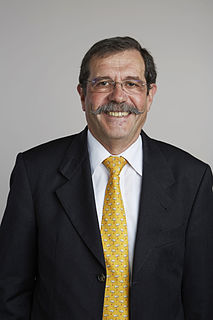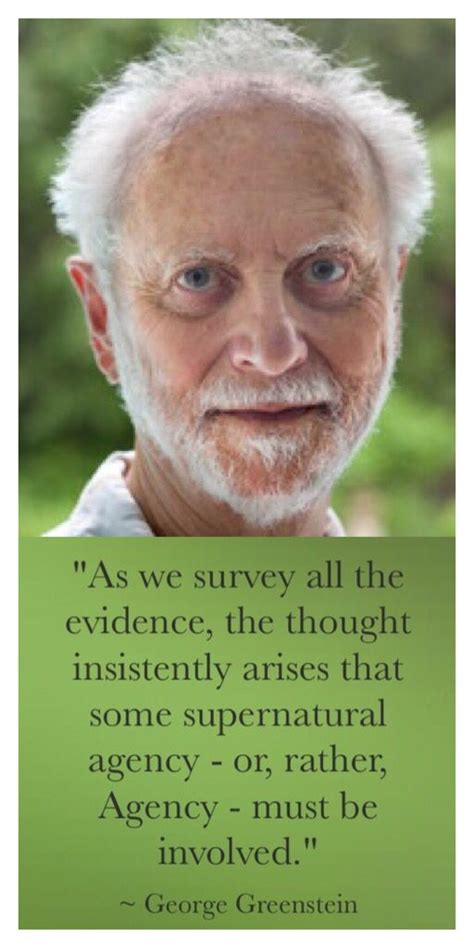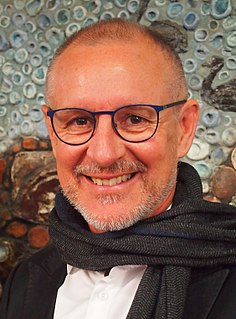A Quote by Werner Heisenberg
Nature allows only experimental situations to occur which can be described within the framework of the formalism of quantum mechanics
Quote Topics
Related Quotes
I've been very involved in this quantum holographic formalism and helping to explore it as explanatory of the very root of our perceptual capabilities. It is postulated, for example, that this very basic entanglement, at the quantum level, at the level of subatomic matter, is really a part of quantum mechanics.
It seems sensible to discard all hope of observing hitherto unobservable quantities, such as the position and period of the electron... Instead it seems more reasonable to try to establish a theoretical quantum mechanics, analogous to classical mechanics, but in which only relations between observable quantities occur.
In quantum mechanics there is A causing B. The equations do not stand outside that usual paradigm of physics. The real issue is that the kinds of things you predict in quantum mechanics are different from the kinds of things you predict using general relativity. Quantum mechanics, that big, new, spectacular remarkable idea is that you only predict probabilities, the likelihood of one outcome or another. That's the new idea.
This book is unique. I know of no other which so artfully tackles two of the greatest mysteries of modern science, quantum mechanics, and consciousness. It has long been suspected that these mysteries are somehow related: the authors’ treatment of this thorny and controversial issue is honest, wide-ranging, and immensely readable. The book contains some of the clearest expositions I have ever seen of the strange and paradoxical nature of the quantum world. Quantum Enigma is a pleasure to read, and I am sure it is destined to become a classic.
When the province of physical theory was extended to encompass microscopic phenomena through the creation of quantum mechanics, the concept of consciousness came to the fore again. It was not possible to formulate the laws of quantum mechanics in a fully consistent way without reference to the consciousness.
Quantum mechanics is just completely strange and counterintuitive. We can't believe that things can be here [in one place] and there [in another place] at the same time. And yet that's a fundamental piece of quantum mechanics. So then the question is, life is dealing us weird lemons, can we make some weird lemonade from this?
We look at the human body as a biochemical machine controlled by genes and therefore we see a mechanical aspect to life and then try to understand the nature of mechanics by looking at how the physical parts interact with each other. If you want to understand life you just look at it as a whole series of interactive chemical reactions. What we are leaving out is the invisible elements, the contributions of the invisible world, which are emphasized in the nature of quantum mechanics. Matter is energy and is a primary factor that must be considered because everything is ultimately energy.
































